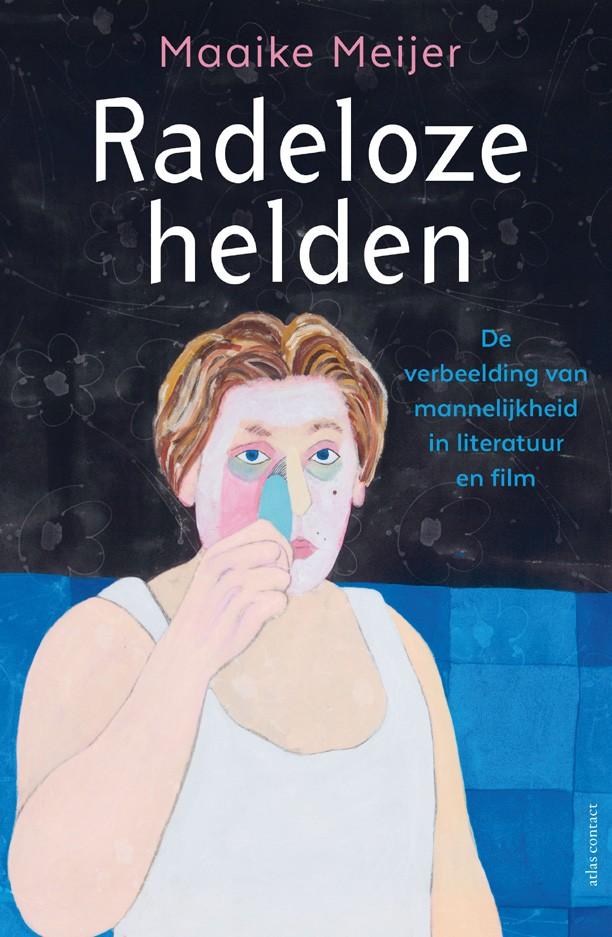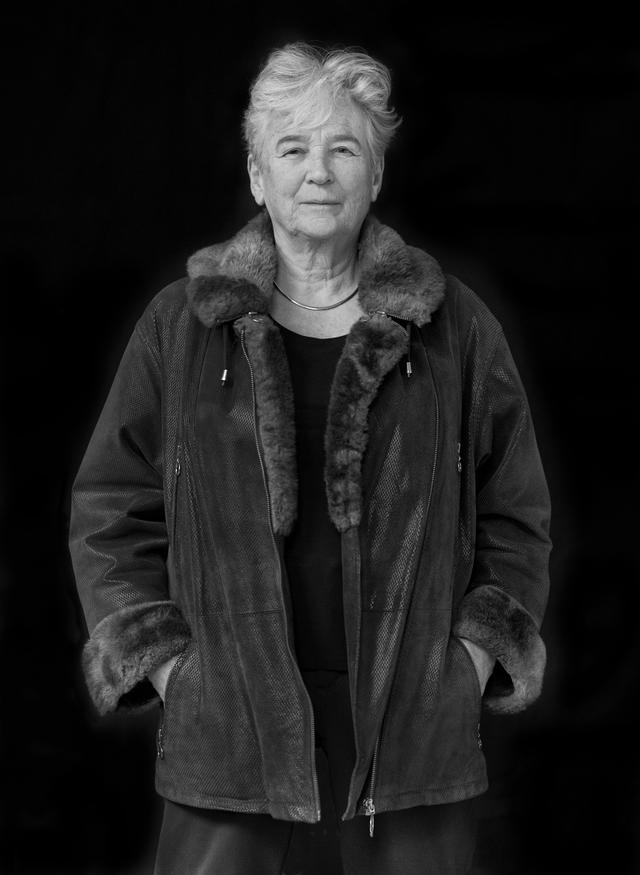Desperate Heroes - The depiction of Masculinity in Literature and Film
A leading Dutch feminist turns her gaze to representations of men
After decades of writing about the representation of women in cultural history, Maaike Meijer decided to give literature, films and series by male creators about male protagonists another chance. And what she found there surprised her: the field is teeming with narratives that take as their subject an outspoken anti-hero, at odds with the prevailing social image of masculinity. Such stories are usually interpreted as being about the human condition. In this book, Meijer considers them as a reflection on the male condition, and finds in them the key to new windows on masculinity.

‘I’ve never really been able to place myself in the category ‘woman’, even though there are many versions. I feel more like I’ve had womanhood imposed on me — I’ve been turned into a woman. I feel affinity with men saddled with the job of being a ‘man’. I see myself as an ‘in-between person’. […] My masculinity is second-hand, defensive. It was an act of resistance to having- to-be-a-girl. Does my second-hand masculinity give me any right to speak on this subject? Or can I only talk about anti-women, tomboys, butch women and girly-boys like myself? And do all other subjects come down to forms of unjustified appropriation? No,’ explains the author about her own background.
Meijer rereads writers like Herman Melville, Jan Wolkers, W.F. Hermans and Michel Houellebecq; she re-watches Casablanca, The Power of The Dog, Dolor y Gloria, The Big Lebowski, One Flew Over the Cuckoo’ s Nest, and TV series like Borgen and The Queens’ Gambit. She rewrites Freudian tales of castration anxiety and penis envy, replacing the term castration anxiety with ‘Severance’. As she explains, this word fits better with what Freud meant by castration: the loosening of the symbiotic bond with the mother. Severance produces a sense of self and an awareness of language, and is familiar to both boys and girls.
The author explores her own fascination with non-binarity and describes the masculinity within herself. She considers male suffering with a view as critical as it is empathetic. Desperate Heroes is about destruction, war, violence, as well as redemption, about possible escapes from the delusion of maleness and toxic masculinity.
Rights
Hayo Deinum
hayo@sharedstories.nl
In Desperate Heroes, Maaike Meijer aims to show that there is no single universal, powerful representation of masculinity. Men suffer. And can anything be done about that? Yes, look to Big Lebowski’s the Dude.
Het Parool
In Desperate Heroes, Meijer mixes literary analyses with her personal experiences with masculinity. That approach works, at times moves, and also amuses.
Trouw
Publications
